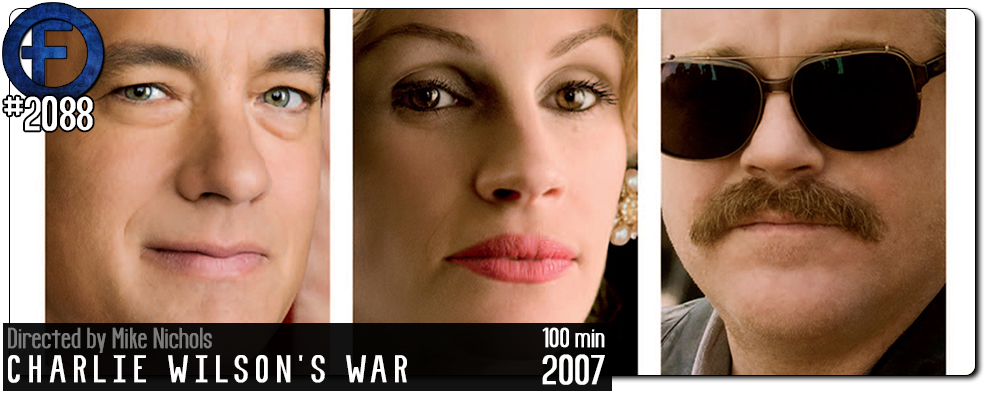Movie Review – Charlie Wilson’s War
Principal Cast : Tom Hanks, Philip Seymour Hoffman, Julia Roberts, Amy Adams, Ned Beatty, Christopher Denham, Emily Blunt, Om Puri, Faran Tahir, Ken Stott, John Slattery, Michael Spellman, Denis O’Hare, Jud Tylor, Peter Gerety, Brian Markinson, Spencer Garrett, Kevin Cooney, Aharon Ipale, Pasha Lynchnikoff, Cyia Batten, Shiri Appleby.
Synopsis: An American senator uses his influence to send weapons to Afghanistan to help the people fight the Russian invaders during the cold war.
********
Based on an astonishing true story, Mike Nichols’ fictionalised take on the real world events involving American Congressman Charlie Wilson, played here by a terrific Tom Hanks, is engrossing, involving and definitely well acted (co-star Philip Seymour Hoffman snagged an Oscar nomination for his work) but too slight on depth and too self-involved to muster conspicuous relevance. In light of events involving Russia at the current moment, watching them be the film’s primary villains through a specifically American lens feels both uncomfortable and prescient, but the fact that the events in this film did happen (more or less) remind us that truth, especially historical truth, is often stranger than fiction.
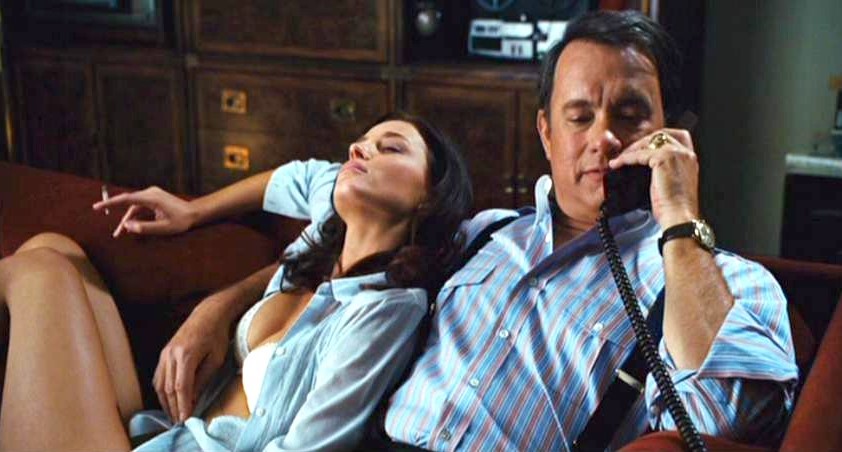
Texas-born Congressman Charlie Wilson (Hanks) is more interested in wild parties and general misogyny than he is tending to legislative affairs, staffing his office with beautiful women and engaging in drug-fuelled galas in Vegas. However, his basic humanity is spurred when he discovers that the people of Afghanistan, who have been invaded by the Soviets and slaughtered routinely, have little UN or US assistance and sets about trying to make things right. Houston socialite Joanne Herring (Julia Roberts) has links with Pakistani President Zia-ul-Haq (Om Puri), who has the opportunity to provide better weapons to the Afghans in their rebellion, and sets about raising millions in cash, while Charlie slowly but surely increases US funding for covert CIA operations in the region. CIA operative Gust Avrakotos (Philip Seymour Hoffman) utilises the funds raised by Charlie and Joanne to equip the Afghan people with powerful Stinger missiles, capable of shooting down the Soviet heavy gunships and destroying their tanks, turning their occupation of the country into a lethal quagmire of failure.
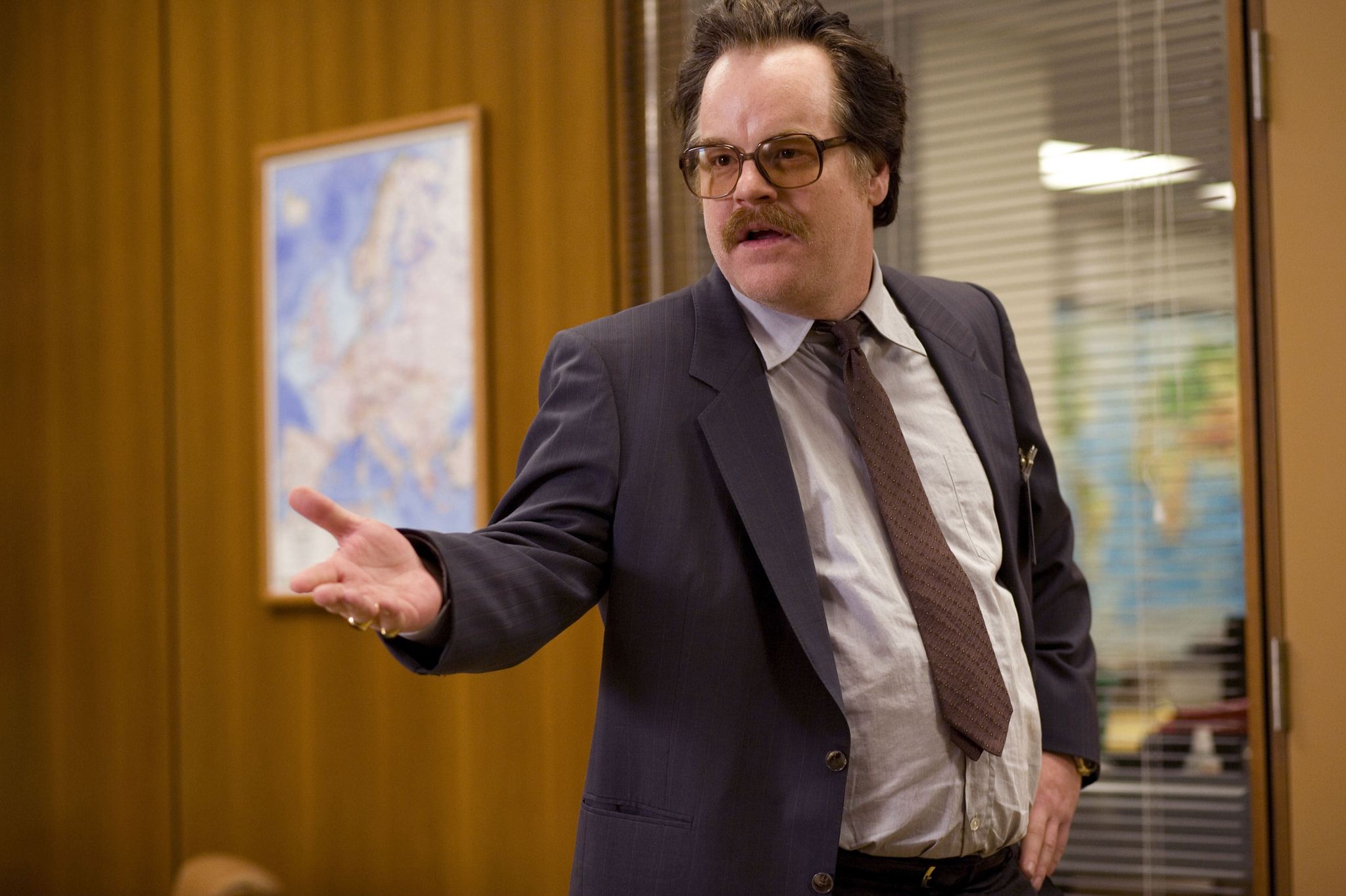
In retrospect, Charlie Wilson’s War had Oscar-bait written all over it. Populated by a litany of superstar A-list talent and a superb supporting cast, written by veteran scribe Aaron Sorkin (The West Wing, The Social Network), based on an all-too-amazing actual true story, and directed by the legendary Mike Nichols (The Graduate, Who’s Afraid of Virginia Woolf?), Charlie Wilson’s War had all the pieces for an Award Season blitz set to go, but in a freakish turn of events came up short in almost every aspect. It’s not that the film isn’t otherwise compelling, because Nichols’ movie is really very well made, but a crucial flaw in the telling of this film is that there’s no real inciting incident or antagonist, no central problem encountered by any of these characters other than trying to get money out of Congress. The film, whilst compelling in a character sense, isn’t that deep.
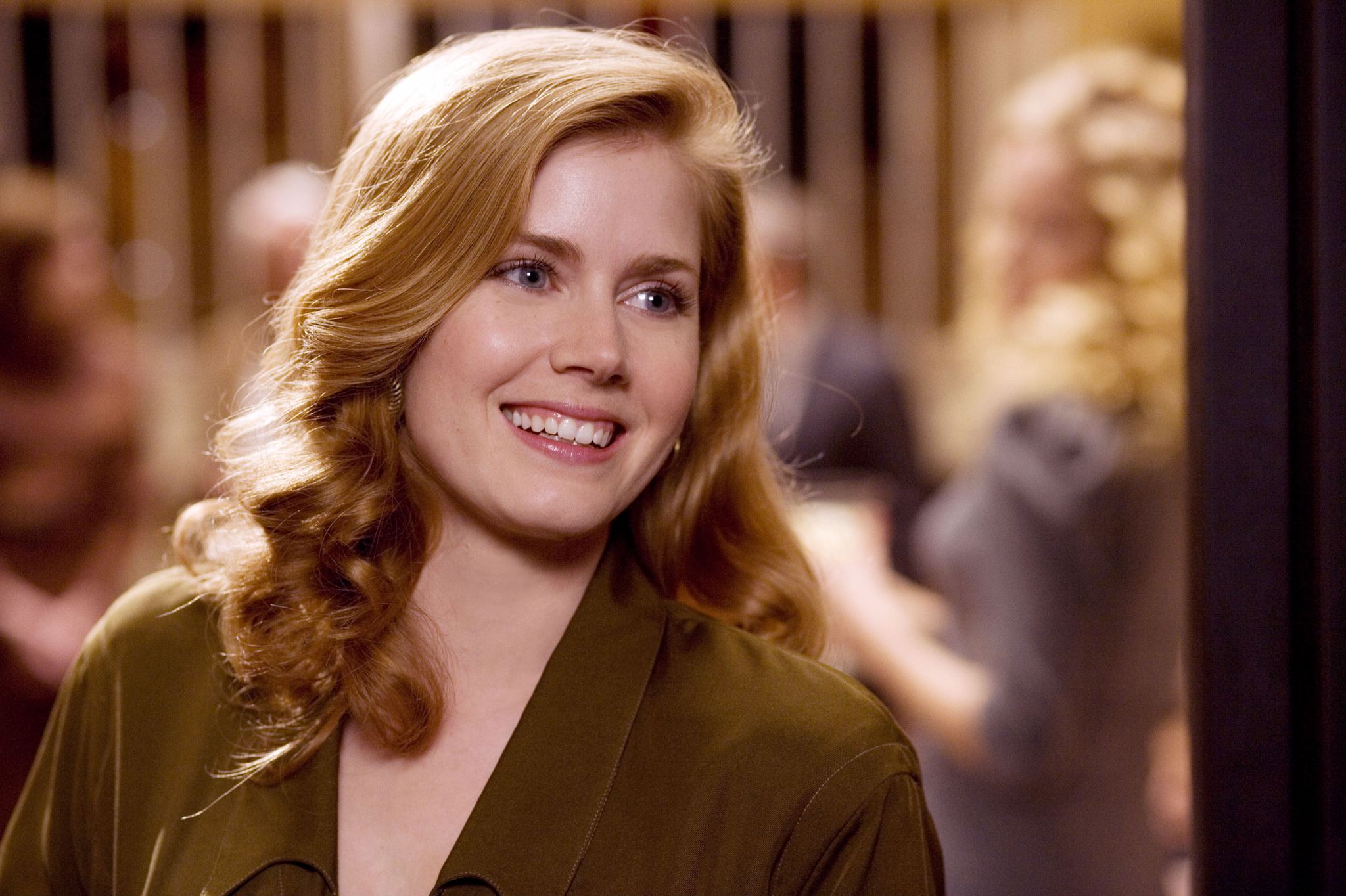
But Rodney, you may cry, the film tells of mass carnage on the rocky landscape of Afghanistan and the plight of an entire people rests in the hands of a promiscuously indifferent Texas politician, how can that not be a compelling story? Simple: the focus of the film never balances Charlie Wilson’s offhanded attitudes with a resonant wider-world viewpoint; Nichols turns the Afghans into faceless, nameless cannon fodder through a series of admittedly violent montages involving Russian helicopters committing acts of war, and subsequent refugee camps become symbols of sorrow for anticipatory American audiences, but there’s no depth to the narrative. Instead, Sorkin’s script seems to want to spend most of its time dwelling on just how clever – or perhaps lucky – Charlie and his CIA buddies were in making the most of the US Congress’ apparent indifference to unlimited covert operations budgets, the complexities of which are streamlined incredibly efficiently for the sake of dramatic urgency. It paints Charlie Wilson in quite the bucolic light, a ragtag curmudgeon as lovable as he is politically incorrect. The relationship between Charlie and Joanne Herring is deeper than friendship but also quite distant, a relationship of convenience perhaps? The film doesn’t explore this at anything but a superficial level, and as a subplot to the main story isn’t all that interesting.

Hanks, as Charlie Wilson, is excellent as Hanks always manages to be, turning a reprobate character flirting with indictment for congressional misconduct into a charming, if flawed man who almost stumbles into doing an amazingly great thing. Julia Roberts is her effervescent self, dazzling the camera with a gigawatt smiles and sublime nuance of phrase (Sorkin’s screenplay does wonders for her), whilst Hoffman, in his Oscar-nominated role (the only one the film received) is as mesmerising as ever. Frankly, watching this ripped open the old wound of desperate sadness that he is no longer with us, for even with this relatively slighter role the actor delivered the most memorable turn in the entire film. Amy Adams is all swirling-ponytail and glistening wonderment as Charlie’s executive assistant Bonnie Bach, who overlooks (to some degree) her boss’s dalliances and flagrant debauchery with some nonchalance and regret. A before-she-was-famous Emily Blunt pops in with an eye-watering sexiness as a young woman Charlie beds just because he can, while Ned Beatty – as Congressman Doc Long – Ken Stott, John Slattery and Denis O’Hare are “hey it’s that guy” faces in the wider ensemble. Indian superstar Om Puri also appears in a supporting role as Pakistani President ul-Haq.
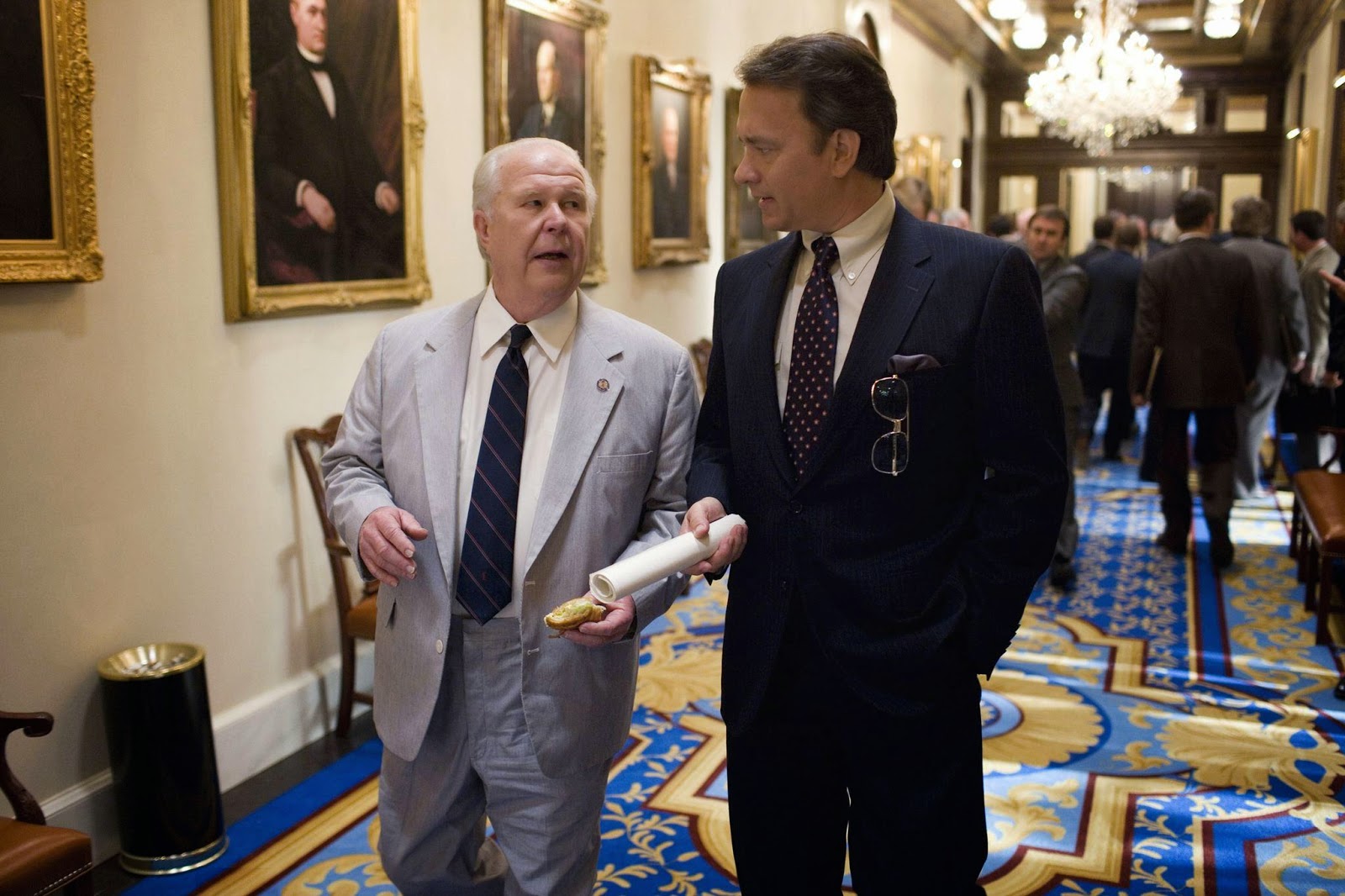
You can easily see why this story had a lot of traction in 2008, given America’s entrenchment in both the War in Iraq and the the War In Afghanistan following 9/11 and the various political narratives at play in the real world at the time. The subtext of engagement in a war in such a covert manner, and the changing of a geopolitical order, is a ripe topic for discussion in light of America’s insertion in global affairs (for good or bad), and if nothing else Charlie Wilson’s War only serves to highlight how little has changed given Russia’s recent invasion of Ukraine and the global effort to undermine them without direct intervention. That we find ourselves in indirect involvement in a sovereign nation’s battle to rout invading Russians is depressing in and of itself, but Nichols’ sour conclusion to the film’s semi-euphoric pro-American overtones may catch some off-guard – America loves to win, but never likes to hang around and restore a conflict zone to liveable conditions for those who remain. This is perhaps the best moment in the film, but it lacks the gut-punch realization required to tip this film into greatness thanks to what I can only assume was a desire by the filmmakers to soften the blow for local audiences.
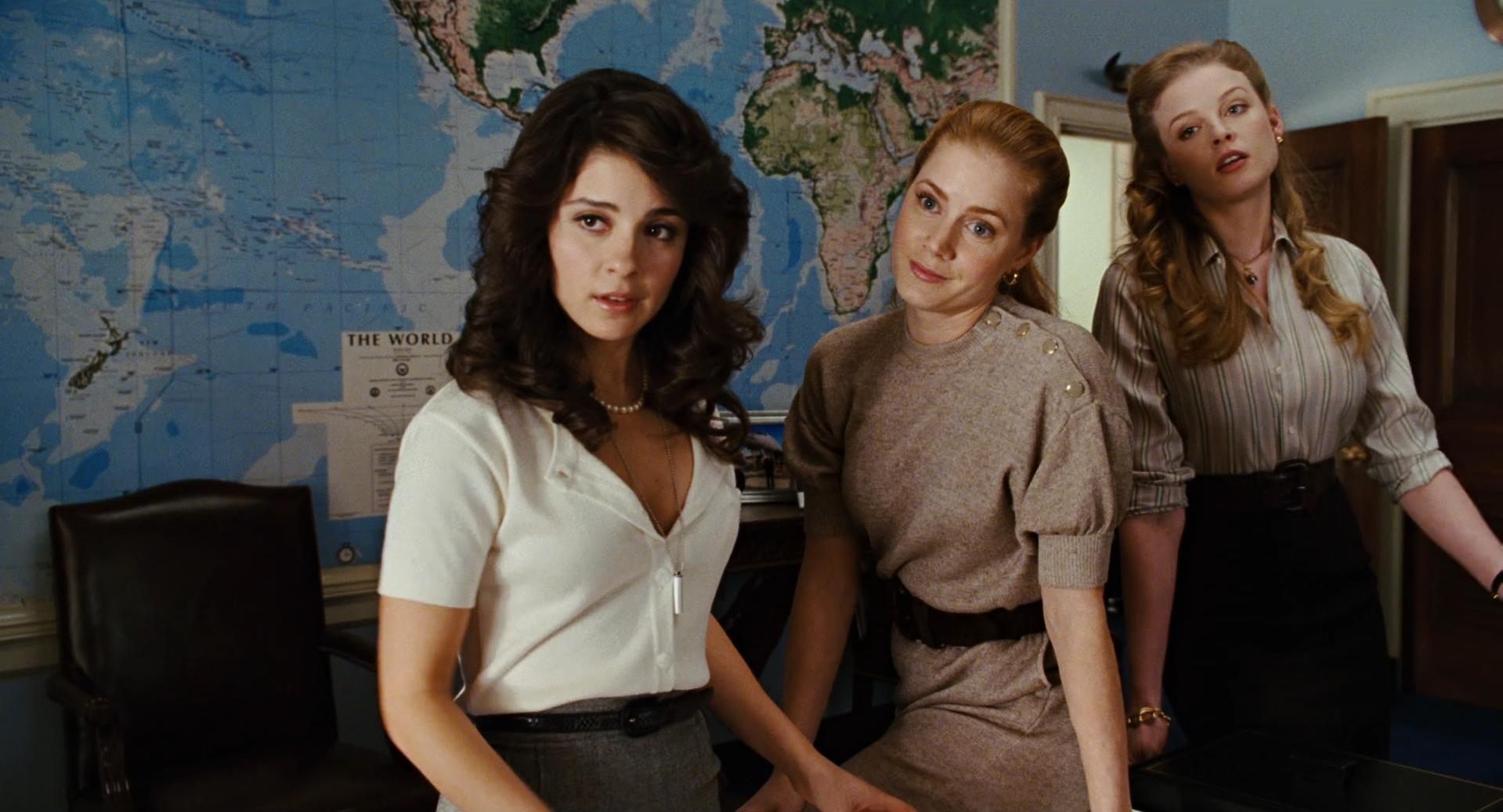
Charlie Wilson’s War is almost unbelievable, but the events of the film did, in fact, happen. Embellishment aside, and current events also notwithstanding, Charlie Wilson’s War is both angering, bothersomely thin in motivation or dramatic urgency, and cheerfully cavalier with just how successful the Americans were in this mission to help Afghanistan. Unfortunately, Sorkin’s script isn’t savage enough, pointed enough, or obvious enough with the overall point, content instead to portray American’s as philanthropic heroes seemingly without blemish, and that undermines a lot of potential in the story’s deeper roots. I enjoyed Charlie Wilson’s War, and it is a well made product of Hollywood back-pattery of the highest calibre, but for me it doesn’t dwell too deeply on the character flaws, or examine the desperate machinations with enough realism to win me over at the end of the day. A soft-edged, look-at-me Hollywood escapade looking for a mandate to swell with pride, and finding it in another terrific Hanks performance.

